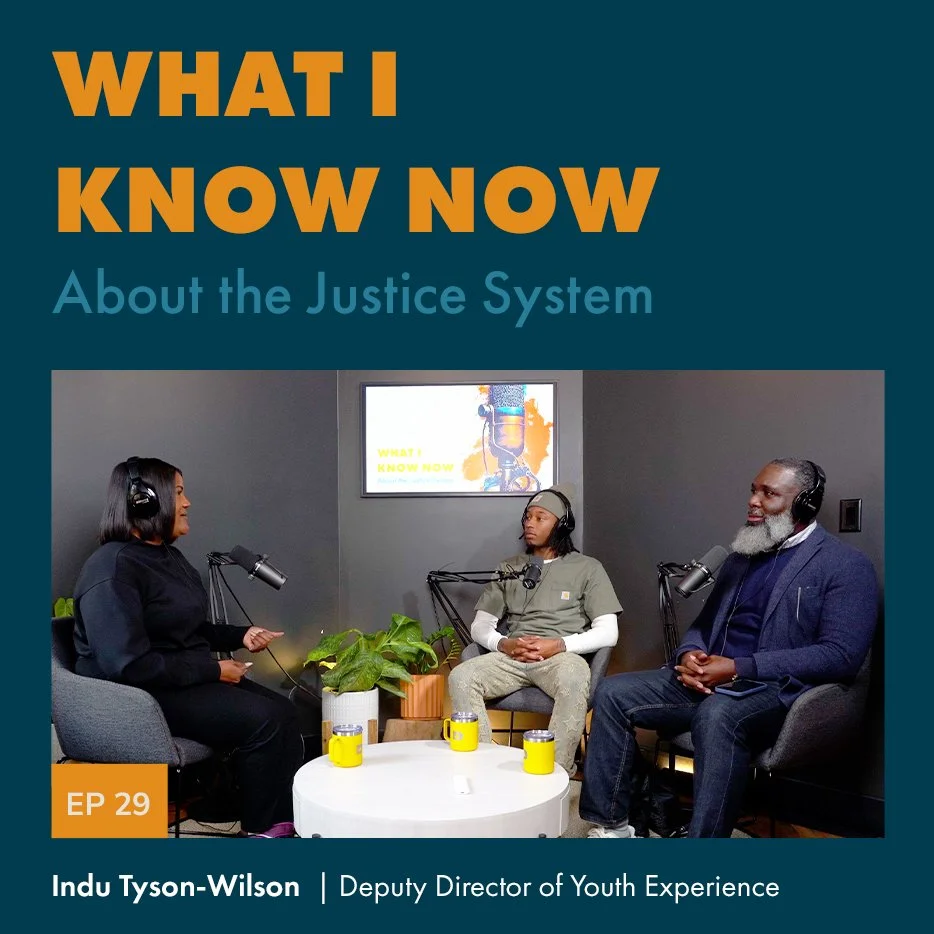Episode 24: A Mother’s Love and Loss: Navigating Life After a Child’s Incarceration W/ Tiesha Hogue
A Mother’s Story of Strength, Love, and Advocacy
In this deeply moving episode of What I Know Now, host Bilal and co-host Cole Williams sit down with Tiesha Hogue, a contract manager, lifelong West Michigan resident, and the founder of FOIL (Families of Incarcerated Loved Ones). Through a candid and emotional conversation, Tiesha shares her journey as a mother whose son became involved in the criminal justice system during the COVID-19 pandemic, highlighting the ripple effects of incarceration on families and communities.
Tiesha reflects on her son’s sudden transition from a promising basketball player to incarceration after the pandemic disrupted their lives. She bravely discusses the unique pain of watching her child be sentenced, the isolation and shame that families often feel, and the lack of guidance families receive when navigating the prison system for the first time. Her organization, FOIL, was born out of a need for community and support for parents walking a similar path—especially mothers who rarely have a safe space to express their grief, anger, and hope.
The episode challenges common stereotypes about incarcerated youth and their families, emphasizing that criminal justice involvement can touch families of all backgrounds. Tiesha, Bilal, and Cole open up about mental health, the importance of unconditional love, and the need for systemic and community support as loved ones return home.
Listeners will find honest conversations about trauma, forgiveness, and the healing journey. Tiesha offers wisdom on processing guilt, finding solidarity, and advocating for both those incarcerated and those waiting on the outside. The episode wraps with an invitation for mothers and family members to reach out and connect with FOIL, building a community rooted in empathy and transformation.
Key Takeaways:
Incarceration isn’t just an individual experience—it profoundly impacts families and communities.
Mental health support is essential for families processing the trauma of a loved one’s incarceration.
FOIL creates space for families to connect, share, and heal.
Breaking stereotypes about incarcerated youth and their backgrounds is crucial for meaningful reform.
Community action can help support loved ones returning home and challenge harmful policies.
Tune in to hear the raw and real stories no one talks about—change starts with understanding, empathy, and support.













